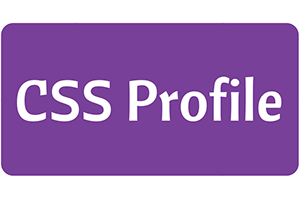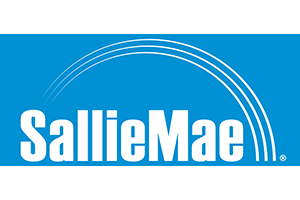Education Funding
Educational Institutions are moving toward a model of continuous, lifelong learning in order to meet the needs of today’s technologically advanced economy.
If training and education become a lifelong pursuit, the big question is how to pay for it. We can help!
If training and education become a lifelong pursuit, the big question is how to pay for it. We can help!
Funding lifelong learning
Technology is advancing at a pace where humans are finding it difficult to adapt. To compete in the world we live in, both children and adults must commit to Lifelong Learning. This process begins in Early Childhood and continues well past College. In order to participate in today’s Global Economy, a life of continuous education will be required.
Education Funding Options
529 Savings
Program
Program
529 plans are flexible, tax-advantaged accounts designed specifically for education savings. They are offered by individual states, but you do not have to be a resident of a particular state to invest in that state’s plan. Withdrawals used for qualified education expenses are free from federal income taxes and, in many cases, state taxes.
College
Loans
Loans
We can help you navigate the numerous types of education loans available. Including Federal Perkins Loans, Federal Direct Subsidized Loans, Federal Direct Unsubsidized Loans, Federal Direct PLUS Loans, and Private Loans.
Life Insurance
Cash Value
Cash Value
You may be counting on grants, scholarships, student loans, or savings programs such as 529 plans to help pay for college. But there’s another option many people overlook: accessing your life insurance policy’s available cash value
Grants &
Scholarships
Scholarships
Grants and Scholarships can significantly reduce overall education expense and you don’t have to be a star athlete do receive one. They can be issued by state and federal governments, colleges and high schools, as well as private organizations.
Custodial Accounts
(UGMA/UTMA)
(UGMA/UTMA)
The Uniform Gift to Minors Act (UGMA) established a simple way for a minor to own securities without requiring the services of an attorney to prepare trust documents or the court appointment of a trustee. The terms of this trust are established by a state statute instead of a trust document. The Uniform Transfer to Minors Act (UTMA) is similar, but also allows minors to own other types of property, such as real estate, fine art, patents and royalties, and for the transfers to occur through inheritance.
Managing Student Debt
There is a lot to consider when paying off student loans, and it pays to know your options.
Pay Interest
During Deferment
During Deferment
Consider Making “Interest Only” Payments while still in College. This can significantly reduce your overall capitalization costs.
Consolidate
Loans
Loans
Consolidating Student Loans helps to simplify and track student loan debt reduction. Keeps your credit rating in tact, by not missing monthly payments.
Employer Student
Loan Forgiveness
Loan Forgiveness
There are a number of Employer based student loan forgiveness programs. These programs can be an effective way to pay down student debt. We can help you evaluate these options.
Employer 401K
Contributions
Contributions
In a private letter ruling, the IRS affirmed one employer’s approach: Allow employees to choose whether they’d prefer a 5% contribution from the employer to be in the form of a 401(k) match or a student loan repayment. This approach may become mainstream soon. Stay tuned!
Traditional
Repayment Plans
Repayment Plans
There are three available types of Traditional repayment plans. They are traditional in the sense that they do not require an application, and they don’t change based on your personal situation.
- Standard Repayment Plan
- Graduated Repayment Plan
- Extended Repayment Plan
Income Driven
Repayment Plans
Repayment Plans
There are four income-driven repayment plans for Federal Direct Loans. Each plan is similar, in that the amount of your payment is affected by how much income you earn, and they all require you to fill out an application to determine if you are eligible.
- Revised Pay as You Earn Repayment Plan (REPAYE)
- Pay as You Earn Repayment Plan (PAYE)
- Income-Based Repayment Plan (IBR)
- Income-Contingent Repayment Plan (ICR)
Note: Repayment plans are only available for federal student loans. For Private student loans you must work directly with the lender to establish a payment plan.
Education & Training Resources

Everything you need to apply for Federal Financial Aid

Excellent College Resource for Connecting Students to College Success

Online Application that collects information used by nearly 400 colleges and scholarship programs

Popular Originator of Student Loans

IRS 529 Questions and Answers

Site for Life Skills


